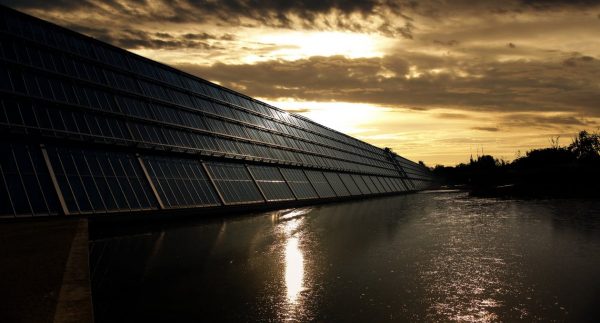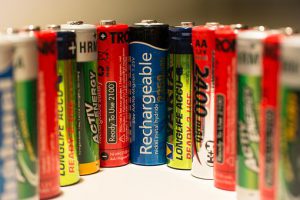Rising block tariffs and national energy guarantee systems are almost unknown in Europe – but are flourishing elsewhere
More than half of the world’s population lives under an energy system that its advocates say can tackle fuel poverty, improve crumbling housing stock and reduce energy demand. And to cap it off – when properly designed – it would not cost the taxpayer anything.
The so-called rising block tariff or national energy guarantee systems (NEG) are almost unknown in Europe but operate successfully in many other countries and regions – from Japan, South Korea and China to Bangladesh, India and California.
The idea is simple: the first block of energy, which is calculated to meet essential needs from heating to cooking and lighting, is either given at a reduced rate or free. The cost a unit then rises in additional blocks, meaning wealthier homes with excessive or non-essential consumption pay more.
According to its champions, the benefits that flow from this system are numerous: fuel poverty is reduced or eradicated with those on the lowest incomes getting affordable energy to cover the essentials – from heating to cooking and light. Excessive consumption – overwhelmingly linked to wealthier households – is charged at a higher rate, subsidising the cheaper tariff. And everyone is incentivised to reduce consumption and improve their homes through insulation, smart technology and other energy efficient measures in an effort to stay within the cheapest block.
Read more: TheGuardian
We are MCS Certified Solar Panel Installers. See more information on Solar Panels.
Click for more information on Battery Retrofit Storage.
For more information on Solar Panels and Battery Systems contact Tanjent Energy.






